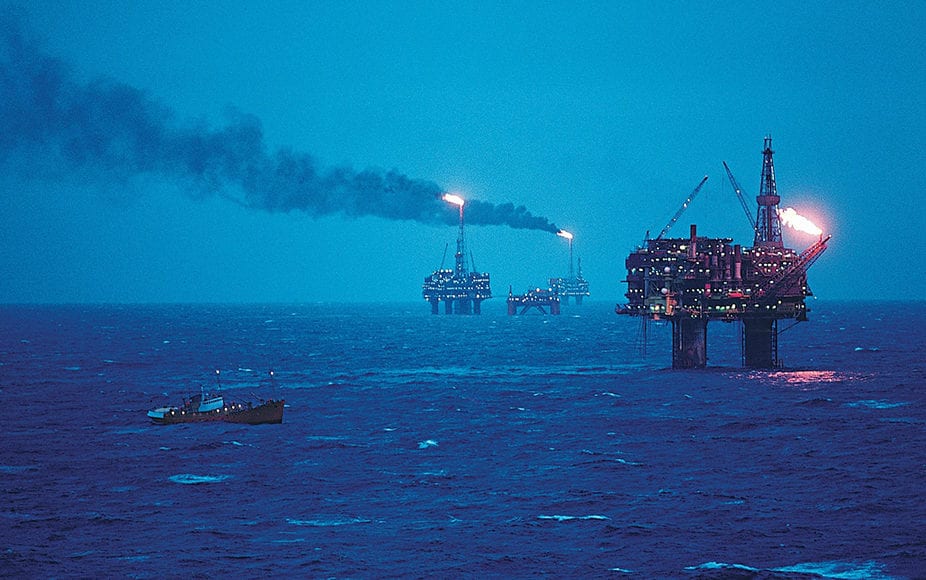The North Sea oil and gas industry has weathered several storms in its 50-year existence. But the events of the past few weeks mean the sector is entering uncharted waters. The coronavirus pandemic and collapse in OPEC+ production restraint has seen Brent reach its lowest point since 2003, Wood Mackenzie said in a new report published on Monday.
In the short term, the North Sea can survive; 95% of onstream production is ‘in the money’ at US$30/bbl. But close to a quarter of fields will run at a loss in this price environment. WoodMac said the major concern here is not volumes. Early shut-ins would accelerate US$20 billion in decommissioning spend.
What levers can the industry pull to ensure a sustainable future?
The quickest win is to reduce OPEX. But longer term, investment is required to increase production and reduce unit costs. If the industry goes into harvest mode, a premature end is inevitable.
According to WoodMac, most FIDs for 2020 are off the table. A sustained US$30/bbl environment could see two-thirds of development spend wiped from our forecast over the next five years. Annual investment in the UK could fall below US$1 billion as early as 2024. The threat of stranded assets is real – nearly six billion barrels of economically viable resources could be left in the ground.
All is not lost
WoodMac said short-cycle, strategic tie-backs are still likely to go ahead. Three of the six billion barrels of economically viable resources breakeven below US$50/bbl (NPV15). Further cost reductions or a price recovery could quickly make them attractive again.
Who will come to the rescue?
The traditional North Sea players may not be willing investors. The Majors will defer capital elsewhere and the sector’s independents will struggle financially, particularly if banks look to decarbonise their portfolios.
The picture isn’t quite as bleak in Norway. But recent FIDs mean that due to capex commitments in 2020, Norway plc needs a Brent price of US$40/bbl to avoid negative cashflow for the first time in over a decade.
WoodMac said at a time when there is public pressure to move towards more a ‘greener’ energy mix, it’s hard to see governments easing the fiscal terms. Long term, the energy transition needs to accelerate but there’s a risk of short-term stagnation.
For the companies that survive, they will need to adapt to a greener future.



